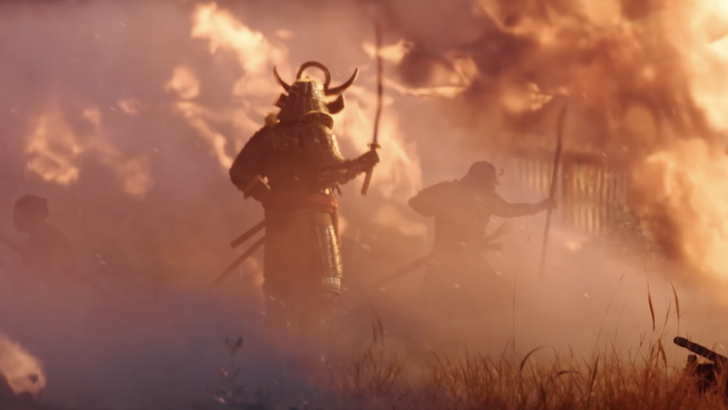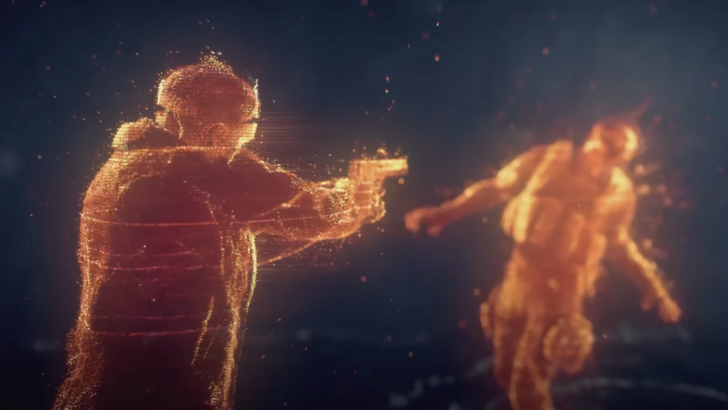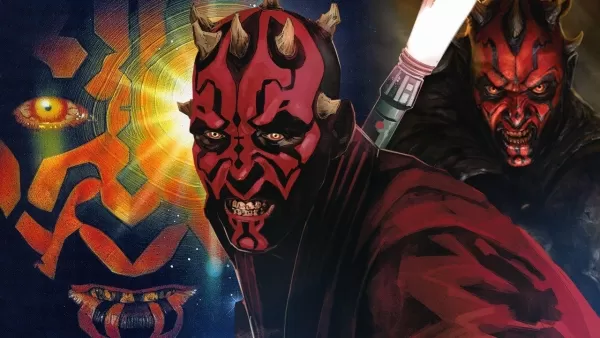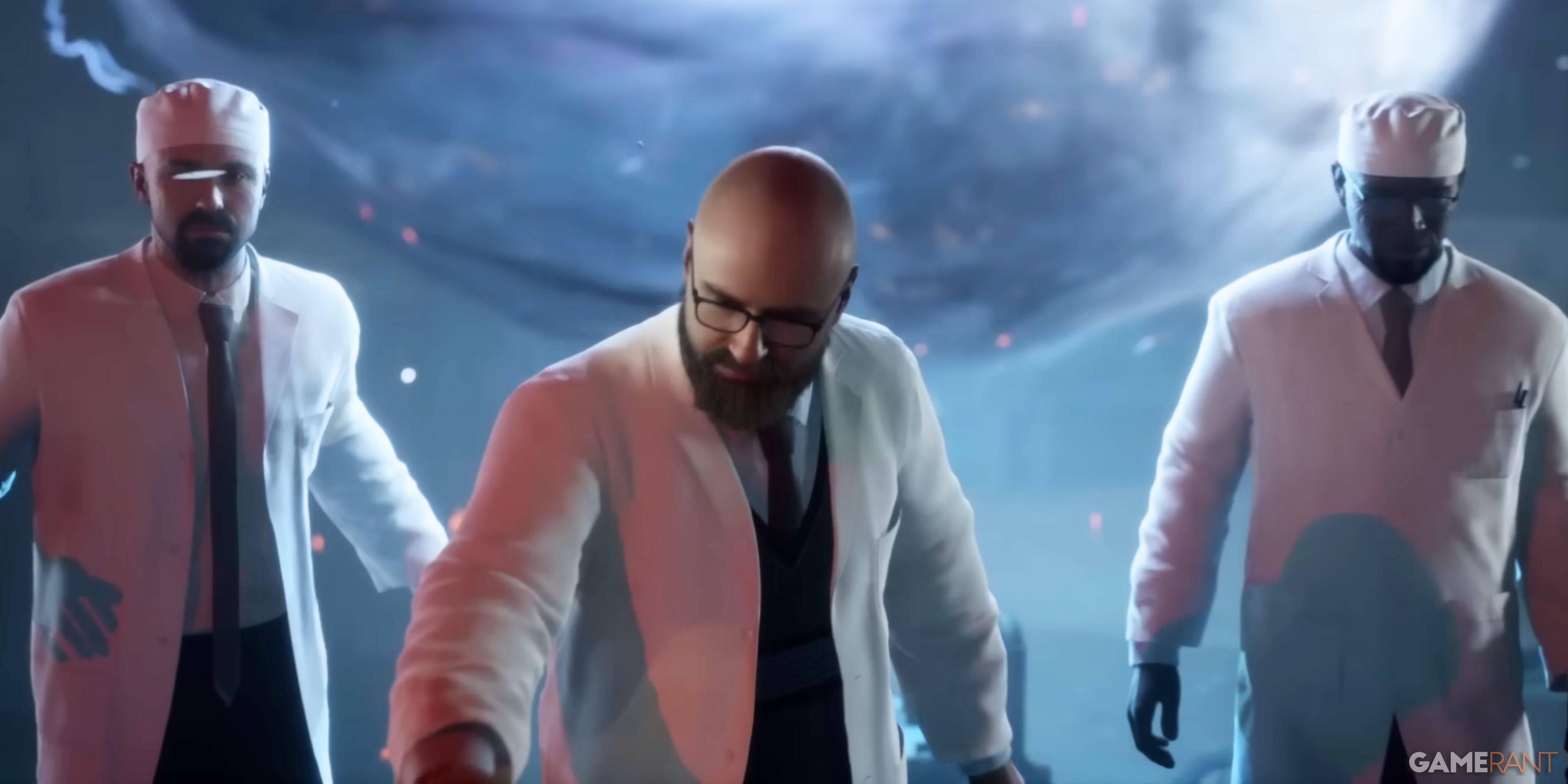
Following a string of underperforming releases and setbacks, Ubisoft faces pressure from a minority investor, Aj Investment, demanding a complete restructuring. This includes installing new leadership and significant staff reductions.
Ubisoft Faces Investor Pressure for Restructuring
Aj Investment Claims Last Year's Layoffs Insufficient

In an open letter, Aj Investment, a significant minority shareholder, expressed profound dissatisfaction with Ubisoft's performance and strategic direction. They cite the delayed release of key titles, lowered revenue projections for Q2 2024, and overall poor performance as evidence of management's failure to deliver shareholder value. The letter proposes a complete management overhaul, including replacing CEO Yves Guillemot, to create a more agile and competitive company.
This criticism has impacted Ubisoft's share price, which has reportedly fallen over 50% in the past year, according to the Wall Street Journal. Ubisoft has yet to publicly respond to the letter.

Aj Investment contends that Ubisoft's low valuation compared to competitors stems from mismanagement and the undue influence of the Guillemot family and Tencent. They accuse the current management of prioritizing short-term gains over long-term strategic planning and delivering a superior gaming experience.
Aj Investment's Juraj Krupa further criticized the cancellation of The Division Heartland, the underwhelming performance of Skull and Bones and Prince of Persia: The Lost Crown, and the perceived rushed release of Star Wars Outlaws, despite high anticipation. He also highlighted the underutilization of established franchises like Rayman, Splinter Cell, For Honor, and Watch Dogs.

The letter also advocates for substantial staff reductions, citing the significantly higher revenue and profitability of competitors like EA, Take-Two Interactive, and Activision Blizzard, despite employing fewer staff. Ubisoft's workforce of over 17,000 is contrasted with EA's 11,000, Take-Two's 7,500, and Activision Blizzard's 9,500.
Krupa urges Ubisoft to implement aggressive cost-cutting measures and staff optimization to enhance operational efficiency. He suggests selling studios not crucial to the development of core IPs, noting that Ubisoft's 30+ studios constitute an overly large and inefficient structure. While acknowledging previous layoffs (approximately 10% of the workforce), Krupa insists these measures are insufficient to ensure long-term competitiveness.








![Taffy Tales [v1.07.3a]](https://imgs.xfsxw.com/uploads/32/1719554710667e529623764.jpg)











